ড. আবু রশিদ হাসান বাংলাদেশের বংশোদ্ভূত একজন কেমিক্যাল ও পেট্রোলিয়াম ইঞ্জিনিয়ার। তিনি প্রাথমিক ও মাধ্যমিক শিক্ষা শেষে ইঞ্জিনিয়ারিং পড়াশোনা করেন ইস্ট পাকিস্তান ইউনিভার্সিটি অব ইঞ্জিনিয়ারিং অ্যান্ড টেকনোলজি (বর্তমানে BUET) থেকে। পরবর্তীতে তিনি কানাডার ইউনিভার্সিটি অব ওয়াটারলুতে কেমিক্যাল ইঞ্জিনিয়ারিংয়ে এমএস ও পিএইচডি সম্পন্ন করেন।
1979 সালে তিনি ইউনিভার্সিটি অব নর্থ ডকোটার কেমিক্যাল ইঞ্জিনিয়ারিং বিভাগে শিক্ষকতা শুরু করেন। বর্তমানে তিনি টেক্সাস A&M বিশ্ববিদ্যালয়ের পেট্রোলিয়াম ইঞ্জিনিয়ারিং বিভাগে প্রফেসর হিসেবে কর্মরত। তার গবেষণার মূল ক্ষেত্র হলো তেল ও গ্যাস উৎপাদন প্রক্রিয়ায় ফ্লুইড মেকানিক্স ও হিট ট্রান্সফারের প্রয়োগ, বিশেষত গভীর সমুদ্রের তেল আহরণে উষ্ণতা ও শীতলতার প্রভাব। তিনি তেল কোম্পানি ও NASA-এর সঙ্গে গবেষণামূলক সহযোগিতায় কাজ করেছেন।
💬 প্রশ্নোত্তর পর্ব:
প্রশ্ন: আপনার সমন্ধে কিছু বলুন।
উত্তর: আমি আমার পিতামাতার চার পুত্র ও এক কন্যার মধ্যে বড়। আমার বাবা-মা avid পাঠক ছিলেন। ১৫ বছর বয়সে প্রথম রেডিও পেলেও, পড়াশোনা ও স্বশিক্ষার মাধ্যমে আমি ভালো ছাত্র হতে পেরেছি। বাবা পাকিস্তানের করাচিতে স্থানান্তরিত হলে, উর্দু শেখার সময় আমাকে ঘজেলগুলি আকর্ষণ করেছিল। পরবর্তীতে BUET-এ পড়াশোনা করেছি। ১৯৭৩ সালে বিয়ে ও কানাডার ওয়াটারলু বিশ্ববিদ্যালয়ে এমএস ও পিএইচডি শুরু করি।
প্রশ্ন: কেন কেমিক্যাল ইঞ্জিনিয়ার হতে চাইলেন?
উত্তর: স্কুলে আর্কিমিডিসের বিখ্যাত উক্তি “If you give me a lever and a place to stand, I can move the world” পড়ে আমি মুগ্ধ হই। মানুষ কিভাবে সাধারণ বৈজ্ঞানিক নীতি প্রয়োগ করে জটিল যন্ত্র তৈরি করতে পারে, তা আমাকে আকৃষ্ট করে। কেমিক্যাল ইঞ্জিনিয়ারিং বেছে নেওয়ায় আমি জটিল সিস্টেমগুলোকে সরলভাবে মডেল করতে শিখেছি।
প্রশ্ন: পেট্রোলিয়াম ইঞ্জিনিয়ারিং সমন্ধে বলুন।
উত্তর: পেট্রোলিয়াম ইঞ্জিনিয়ারিং শিখায় কিভাবে ভূগর্ভস্থ তেল ও গ্যাস খুঁজে বের করতে হয় (reservoir engineering), কিভাবে ড্রিলিং করা হয় (drilling engineering) এবং কিভাবে তা উৎপাদন করা হয় (production engineering)। প্রাপ্ত কাঁচা তেলকে (crude) পরিশোধন করা প্রয়োজন।
প্রশ্ন: Texas A&M বিশ্ববিদ্যালয়ে আপনি কি শেখান?
উত্তর: আমার বিশেষত্ব হলো production engineering, যা মূলত ফ্লুইড মেকানিক্স ব্যবহার করে। আমি ফ্লুইডকে নির্দিষ্ট স্থান থেকে অন্য স্থানে সরানোর জন্য কত শক্তি প্রয়োজন তা শেখাই।
প্রশ্ন: গভীর সমুদ্রের পানি নিয়ে আপনার গবেষণা কি?
উত্তর: আমি মহাসাগর সম্বন্ধে বিশেষজ্ঞ নই। তবে, গলফ অব মেক্সিকো ও ব্রাজিলের সমুদ্র তলে বড় তেল রিজার্ভ আছে। Offshore তেল উৎপাদনে শীতল সমুদ্রজলের কারণে হিট ট্রান্সফার সমস্যা হয়। আমার গবেষণার প্রধান ক্ষেত্র হলো এই ধরনের উৎপাদন সমস্যা সমাধান করা।
প্রশ্ন: তেল কোম্পানির সঙ্গে আপনার কাজ সমন্ধে বলুন।
উত্তর: আমি কখনো পূর্ণকালীন কর্মী হিসেবে কাজ করিনি। তবে, চুক্তিভিত্তিক গবেষক হিসেবে Chevron, Shell, Hess, Schlumberger-এর মতো কোম্পানিকে তেল ও গ্যাস উৎপাদনের প্রক্রিয়া উন্নত করতে সহায়তা করেছি। NASA-তেও হিট ট্রান্সফার ও ফ্লুইড ফ্লোতে অবদান রেখেছি।
প্রশ্ন: Fluid and Heat Transfer in Wellbores বইটি সমন্ধে বলুন।
উত্তর: ১৯৭৩ সাল থেকে আমি ফ্লুইড ফ্লো ও হিট ট্রান্সফার নিয়ে গবেষণা করছি। বইটিতে আমরা তেল ও গ্যাস উৎপাদনের বিভিন্ন সমস্যা উদাহরণ হিসেবে ব্যবহার করেছি। প্রথম সংস্করণ ২০০২ সালে এবং দ্বিতীয় সংস্করণ ২০১৮ সালে প্রকাশিত হয়েছে।
প্রশ্ন: ভবিষ্যতে আপনি কি নিয়ে কাজ করতে চান?
উত্তর: আগের মতোই ফ্লুইড ফ্লো ও হিট ট্রান্সফার প্রয়োগ করতে চাই। বিশেষ করে Offshore উৎপাদনে হিট ট্রান্সফার সম্পর্কিত নতুন সমস্যা সমাধান করতে চাই। নতুন উন্নত তাপমাত্রা সেন্সর ব্যবহার করে বিশদ বিশ্লেষণ সম্ভব হবে।
প্রশ্ন: তরুণ শিক্ষার্থীদের জন্য আপনার উপদেশ?
উত্তর: আপনার অন্তরের কথা অনুসরণ করুন। যা করতে ভালো লাগে, সেটার জন্য ঘন্টা ঘন্টা কাজ করতে পারা এবং শেখার আনন্দ অনুভব করা অত্যন্ত গুরুত্বপূর্ণ।
ড. আবু রশিদ হাসানের গবেষণা তেল ও গ্যাস উৎপাদনে বৈজ্ঞানিক নীতি প্রয়োগের ক্ষেত্রে গুরুত্বপূর্ণ অবদান রেখেছে। তাঁর নিবেদিত কর্ম তরুণ বিজ্ঞানীদের অনুপ্রেরণা দেবে। বিজ্ঞানী অর্গ টিম ড. হাসানের এই গবেষণার সাফল্যের জন্য শুভকামনা জানাচ্ছে।
Science and Engineering in Oil & Gas Production: Dr. Abu Rashid Hasan’s Perspective
Dr. Abu Rashid Hasan, of Bangladeshi origin, is a chemical and petroleum engineer. He completed his early and secondary education in Bangladesh before pursuing engineering at the East Pakistan University of Engineering and Technology (currently BUET). Later, he earned his MS and PhD in Chemical Engineering from the University of Waterloo, Canada.
In 1979, he began teaching in the Chemical Engineering Department at the University of North Dakota. Currently, he is a professor in the Petroleum Engineering Department at Texas A&M University. His primary research focuses on applying principles of fluid mechanics and heat transfer to oil and gas production, especially for deep-sea offshore extraction. He has collaborated with oil companies such as Chevron, Shell, Hess, Schlumberger, and also contributed research to NASA projects.
💬 Interview Section:
Question: Can you tell us a little about yourself?
Answer: I am the eldest of four sons and a daughter. My parents were avid readers, and reading, particularly fiction, was my main source of entertainment. We got our first radio when I was 15. Reading and self-learning helped me become a better-than-average student. When my father, a civil servant, was transferred to Karachi, Pakistan, I faced challenges learning Urdu but managed through ghazels. I studied at BUET after completing my SSC and HSC. I married in 1973 and moved to Waterloo, Ontario, later that year for MS and PhD studies in Chemical Engineering at the University of Waterloo.
Question: Why did you choose chemical engineering?
Answer: In high school, I read Archimedes’ famous quote: “If you give me a lever and a place to stand, I can move the world.” I was fascinated by how humans could apply simple scientific principles to develop complex machines. I liked math and science, and chemical engineering taught me to simplify complex systems and model them effectively.
Question: Can you tell us about petroleum engineering?
Answer: Petroleum engineering involves locating oil and gas reserves (reservoir engineering), drilling to access them (drilling engineering), and producing the resources (production engineering). The crude oil obtained must be refined before it can be used.
Question: What subjects do you teach at Texas A&M University?
Answer: My specialty is production engineering, which mainly uses fluid mechanics to determine the energy required to move fluids from one place to another. I apply this expertise from chemical engineering to petroleum engineering students.
Question: Do you work on deep-sea water research?
Answer: I am not an expert in oceans, but many oil reserves lie under oceans such as the Gulf of Mexico and offshore Brazil. Offshore oil production requires special methods to manage heat transfer caused by cold seawater, as crude can solidify in pipelines, creating production problems. My research focuses on such production challenges.
Question: You have worked with oil companies. What kind of work did you do?
Answer: I have never worked as a full-time employee but have assisted companies like Chevron, Shell, Hess, and Schlumberger as a contract researcher to improve oil and gas production processes. I also contributed to NASA projects on heat transfer and fluid flow.
Question: Tell us about your book, Fluid and Heat Transfer in Wellbores.
Answer: Since 1973, I have been studying fluid flow and heat transfer. Together with my co-author Shah Kabir, we wrote the book to systematically apply these principles to oil and gas production problems. The first edition was published in 2002, and the second edition came out in late 2018.
Question: What are your future research plans?
Answer: I plan to continue applying fluid flow and heat transfer principles to new problems, particularly heat-transfer challenges in offshore production. High-quality temperature sensors now allow more detailed analyses, which can improve safety in difficult production conditions.
Question: What advice do you have for young students who want to pursue science?
Answer: Follow your heart. Spend hours on what you enjoy, and learning will become fun. Working long hours on things you love is essential to make meaningful contributions in any field.
Dr. Abu Rashid Hasan’s research has significantly contributed to applying scientific principles in oil and gas production. His dedicated work serves as an inspiration for young scientists. The Biggani.org team wishes Dr. Hasan continued success and hopes his research motivates young Bangladeshi students to pursue scientific careers.

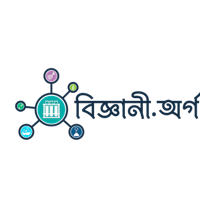
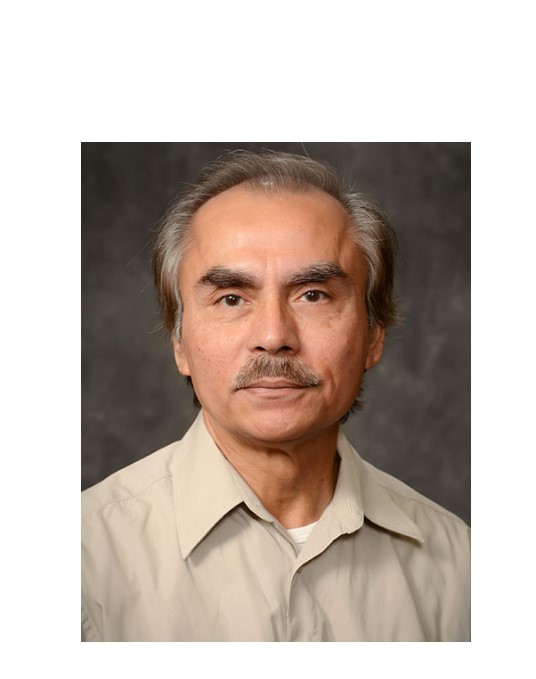

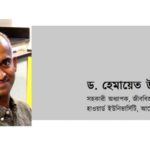

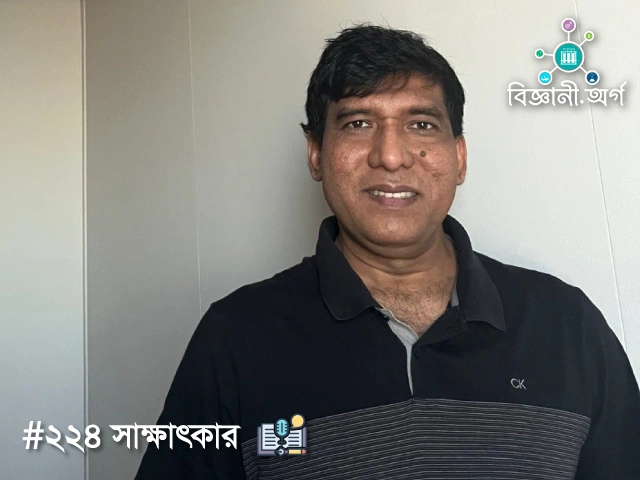
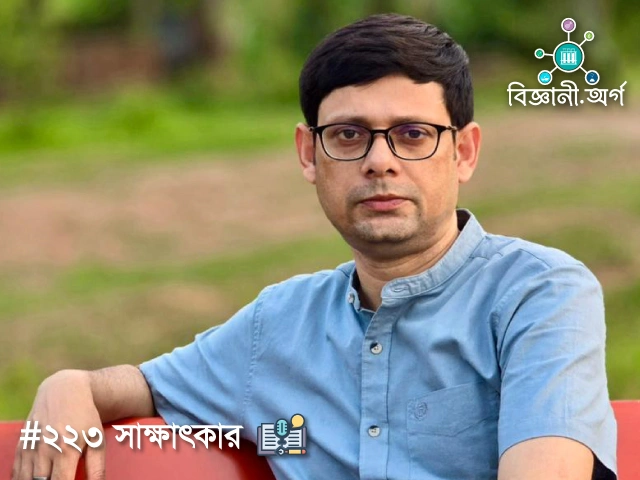
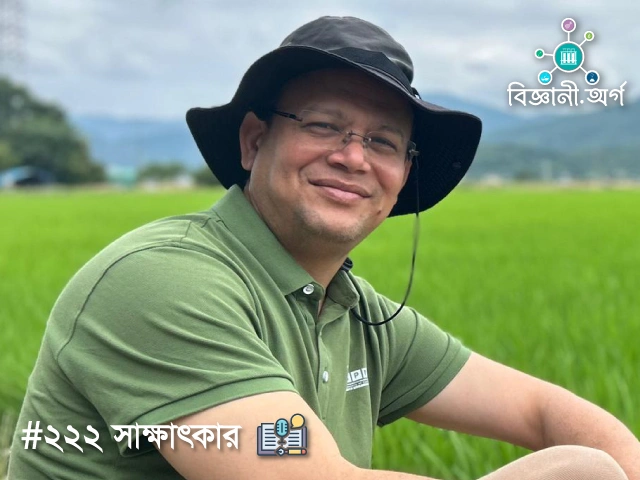
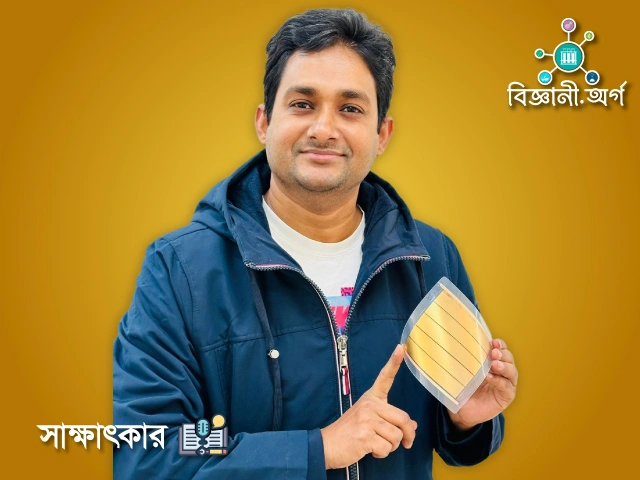
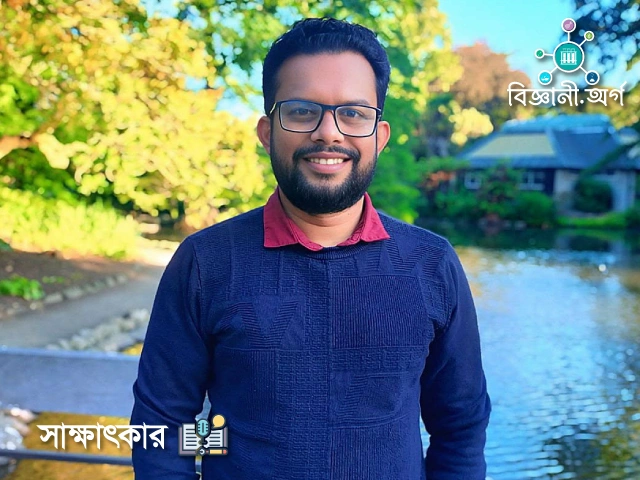
Leave a comment